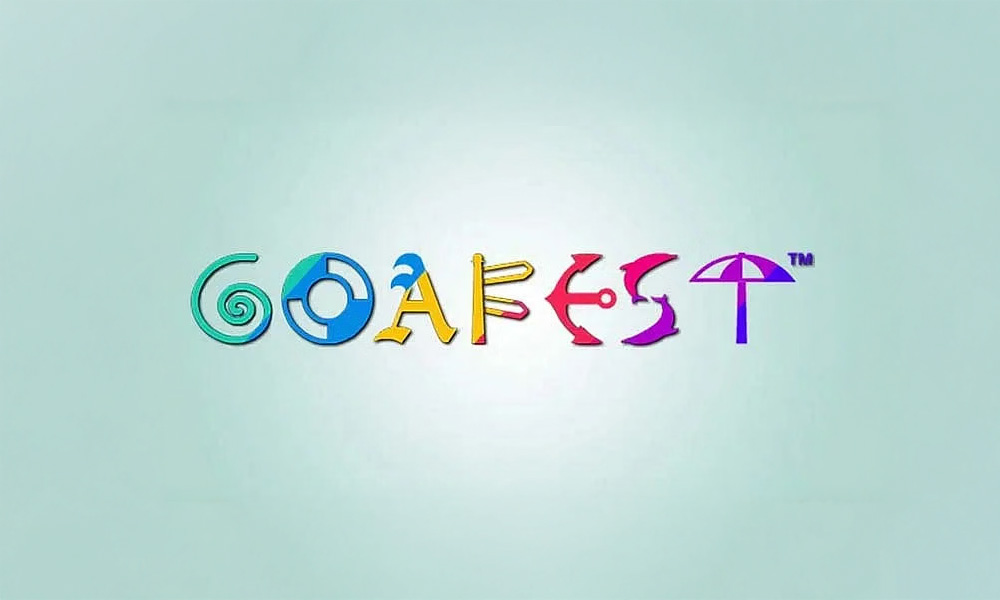

Goafest 2026 is co-hosted by The Advertising Agencies Association of India (AAAI) and The Advertising Club (TAC).
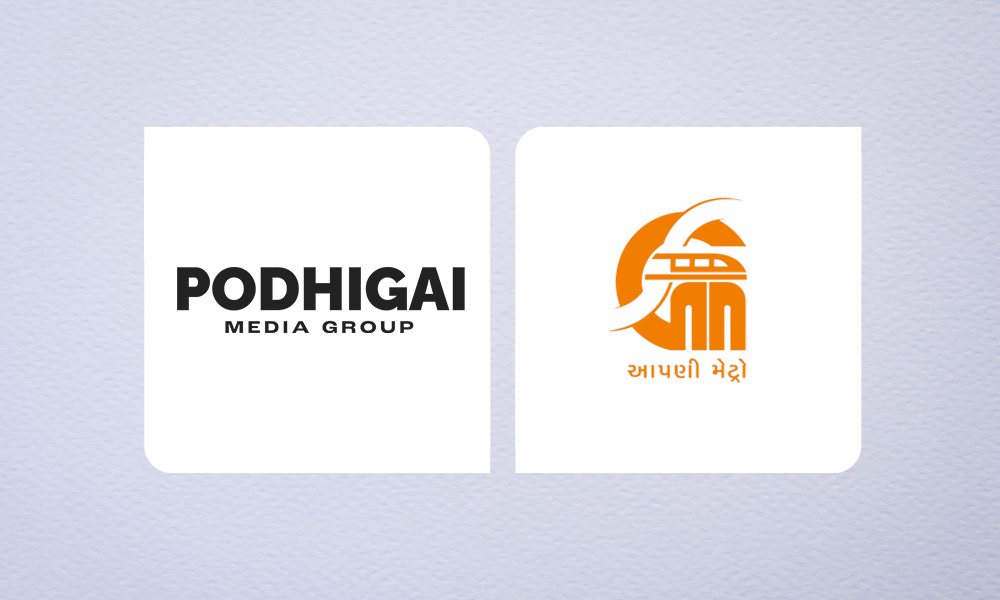
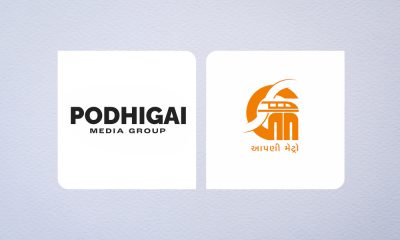
The city’s metro system spans 55 stations covering about 68 kilometres in total.


Total projected revenue to the Authority, including State GST, is expected to exceed ₹250 crore over the duration of the contract.
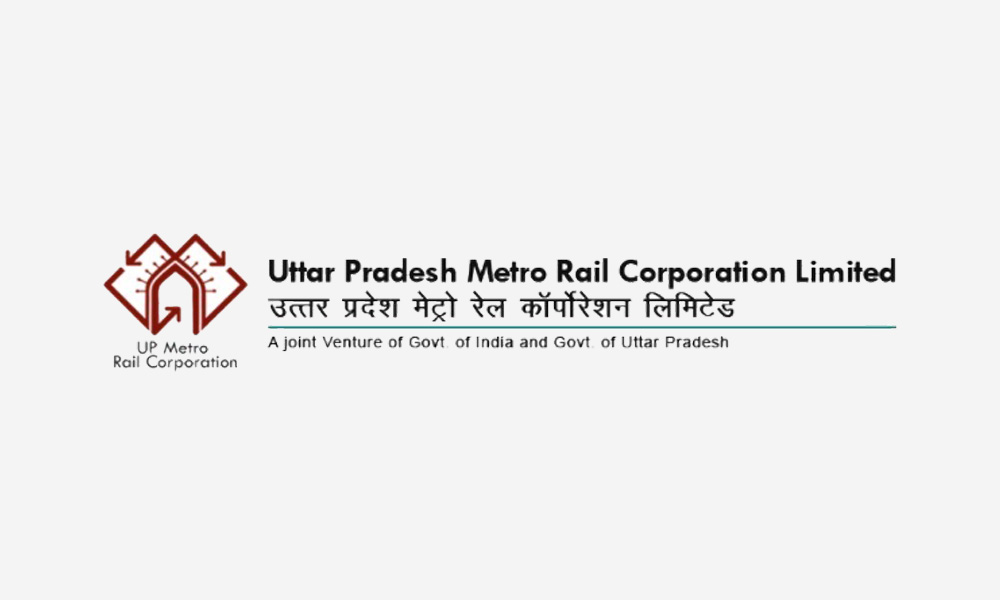
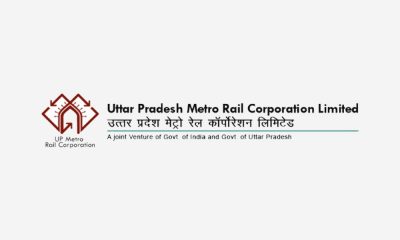
The tender covers co-branding and inside advertising opportunities across Corridor-1 of the Kanpur Metro network.


Creativity has often a contentious area in OOH- a long standing lament being the absence of a creative approach exclusively for OOH. And now when it...
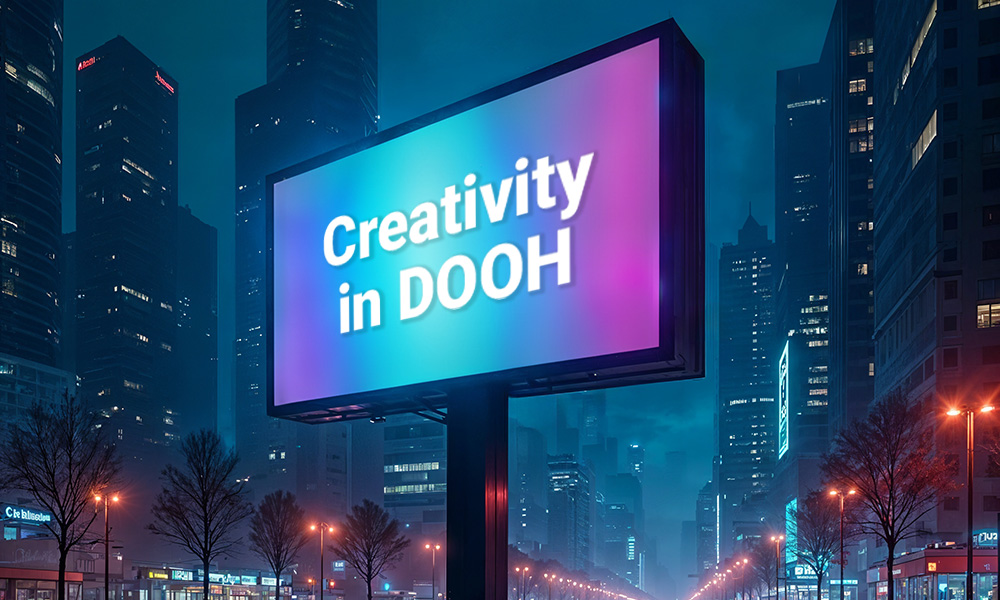
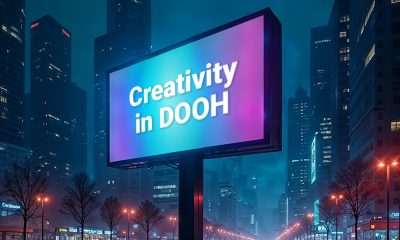
As Digital Out-of-Home scales across smarter infrastructure and data-driven ecosystems, media leaders highlight how technology, content design and contextual intelligence are shaping the medium’s next creative...


As DOOH evolves into a context-driven, intelligence-led medium, media owners explore how design thinking, cultural relevance and spatial integration are redefining creative impact.


Aman Nanda, CSO & Head of Marketing, Times OOH, pens down his thoughts on OOH, exploring how a digital-blackout break revealed the profound "waiting economy" and...
The new solutions – Indoor Transparent LED offers ultra-high brightness for shopfronts, while the lightweight RTS Series delivers flexible, right-angle display solutions for large-scale installations.


The Mumbai Experience Centre has been designed as an immersive, hands-on space where customers, partners, consultants, and industry professionals can experience Orion LED’s advanced display technologies...